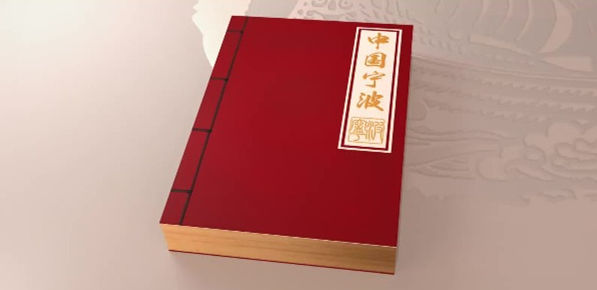Yue Kiln celadon
The Shanglin Lake area in modern-day Zhejiang province, in the cities of Shaoxing, Yuyao, Cixi and Ningbo, is the home of Yue Kiln sites where the finest celadon was produced in ancient China.
These sites began operations in the Eastern Han Dynasty (25-220) and developed on to the Song Dynasty (960-1279), giving them a 1,000-year history. The celadon they produced, mostly for daily use, was influenced by the shifting way of life and culture throughout the dynasties, and exhibited ever-changing designs. The glazeand color however, which ranged from grey to olive to brown, betrayed a consistency in aesthetic, one that avoided loud and showy behavior.
Not only supplied to the royal courts and the commoners in ancient China, the Yue celadon’s rich product lines were also made available at areas further afield, disseminating Chinese cultural worldwide. Intact pieces and shards of Yue ware have been found in Japan, Southeast Asian countries such as Malaysia and the Philippines, and Iran in the Middle East.
Zhejiang now has only a few of the workshops still in operation, but recent R&D efforts to revive the craftsmanship have appeared in the cities of Hangzhou, Ningbo, and Shaoxing in eastern Zhejiang, where the celadon production once thrived.



 Print
Print Mail
Mail
